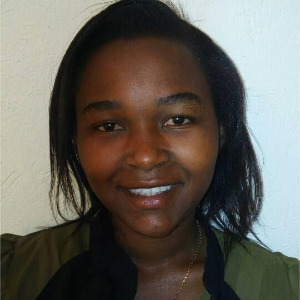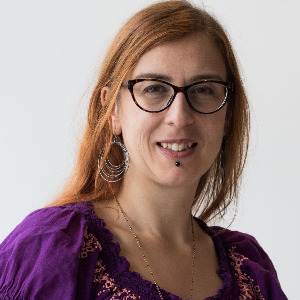Laura Hall, Colorado Mesa University, United States
Background: Nurses operate within high-acuity, emotionally demanding environments where chronic stress is often normalized and unaddressed until impairment is visible. Traditional burnout interventions focus on late-stage symptoms, leaving a gap in early recognition. The original [....] » Read More











Title : The power of presence: Investing in LVNs for lasting impact
Emma Gitomer, Houston Methodist Hospital, United States
Over the years the patient acuity in the hospital has increased substantially however, with the increase in the hospital acuity we have not had a change in the nurse-to-patient ratio in the ICU. With the increase in patient acuity this has led nurses being bogged down by tasks th [....] » Read More
Title : Ciao! Implementation of an international clinical capstone experience
Megan Mook, Thomas Jefferson University, United States
Introduction: To better prepare graduating nurses to enter the ever-evolving, complex world of health care, a clinical capstone experience was developed. Graduating nursing students were joined with a selected preceptor to complete 108 hours of the final clinical experience. Stud [....] » Read More
Title : Importance of genetic testing in patients referred for heart transplant or durable mechanical circulatory support
Carly Pine, Sentara Healthcare, United States
Purpose: Genetic abnormalities are found in 5 to >20% of cases of dilated cardiomyopathy (DCM), depending on the population studied. Truncating variants of TTN (TTNtv) are the most common genetic cause of DCM, accounting for up to 25% of cases with familial inheritance. Lifeti [....] » Read More
Title : Beyond the discharge: A trauma service program integrating community health workers
Lisa K Koser, Cedars Sinai Medical Center, United States
Background: High-utilizing trauma patients face complex medical, social, and psychological challenges, including substance use, exposure to violence, food and housing insecurity, and health illiteracy. These social determinants of health (SDOH) are often unaddressed, contributing [....] » Read More
Title : Keeping warm, healing strong: A multidisciplinary quality improvement initiative to reduce intraoperative hypothermia in burn surgery patients
Kim Priban , Akron Children's Hospital, United States
Background: Burn patients are uniquely vulnerable to hypothermia due to impaired thermoregulation, high evaporative heat loss, and frequent exposure of large surface areas during surgery. Intraoperative hypothermia increases risks of coagulopathy, blood loss, delayed wound healin [....] » Read More